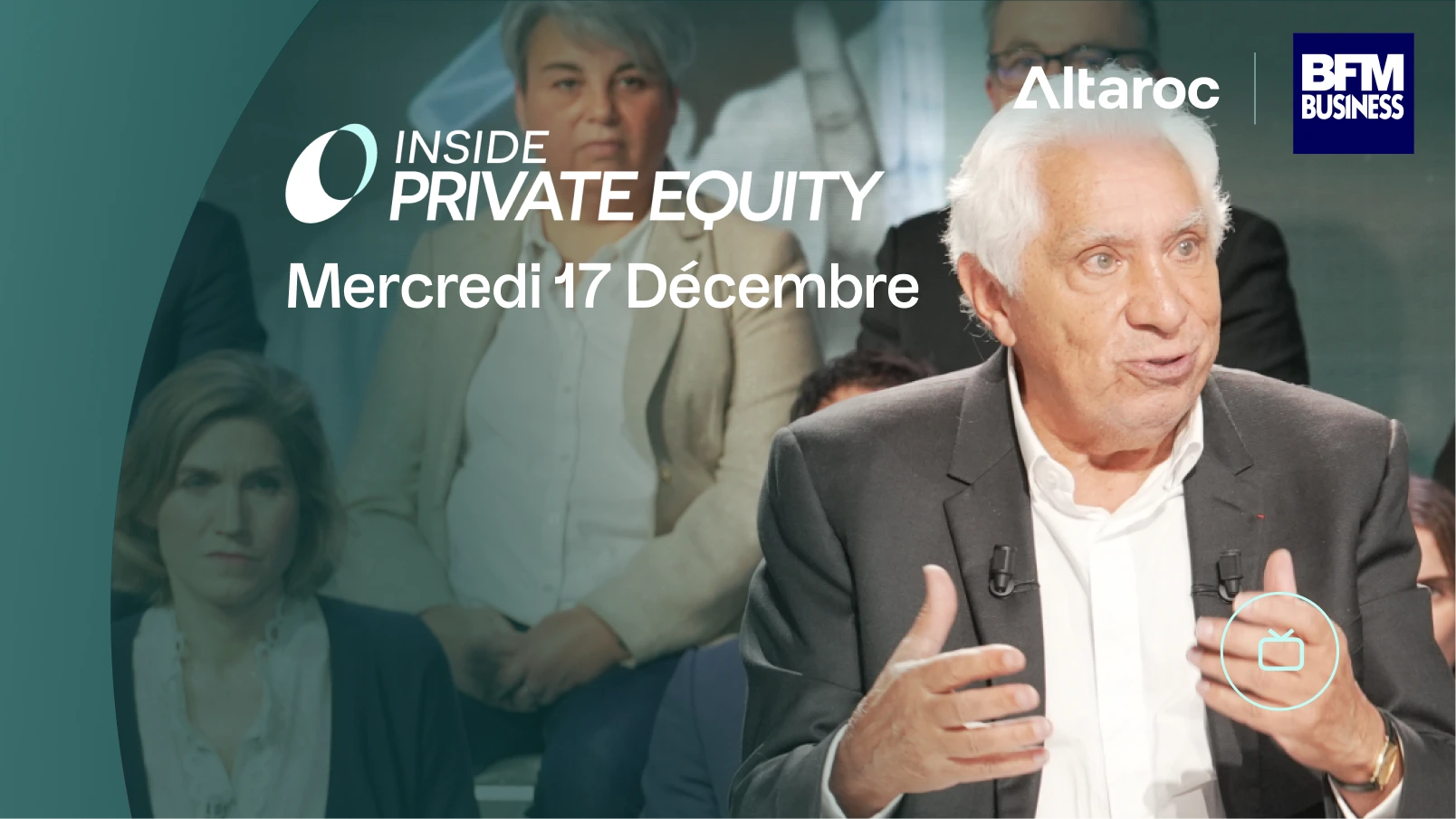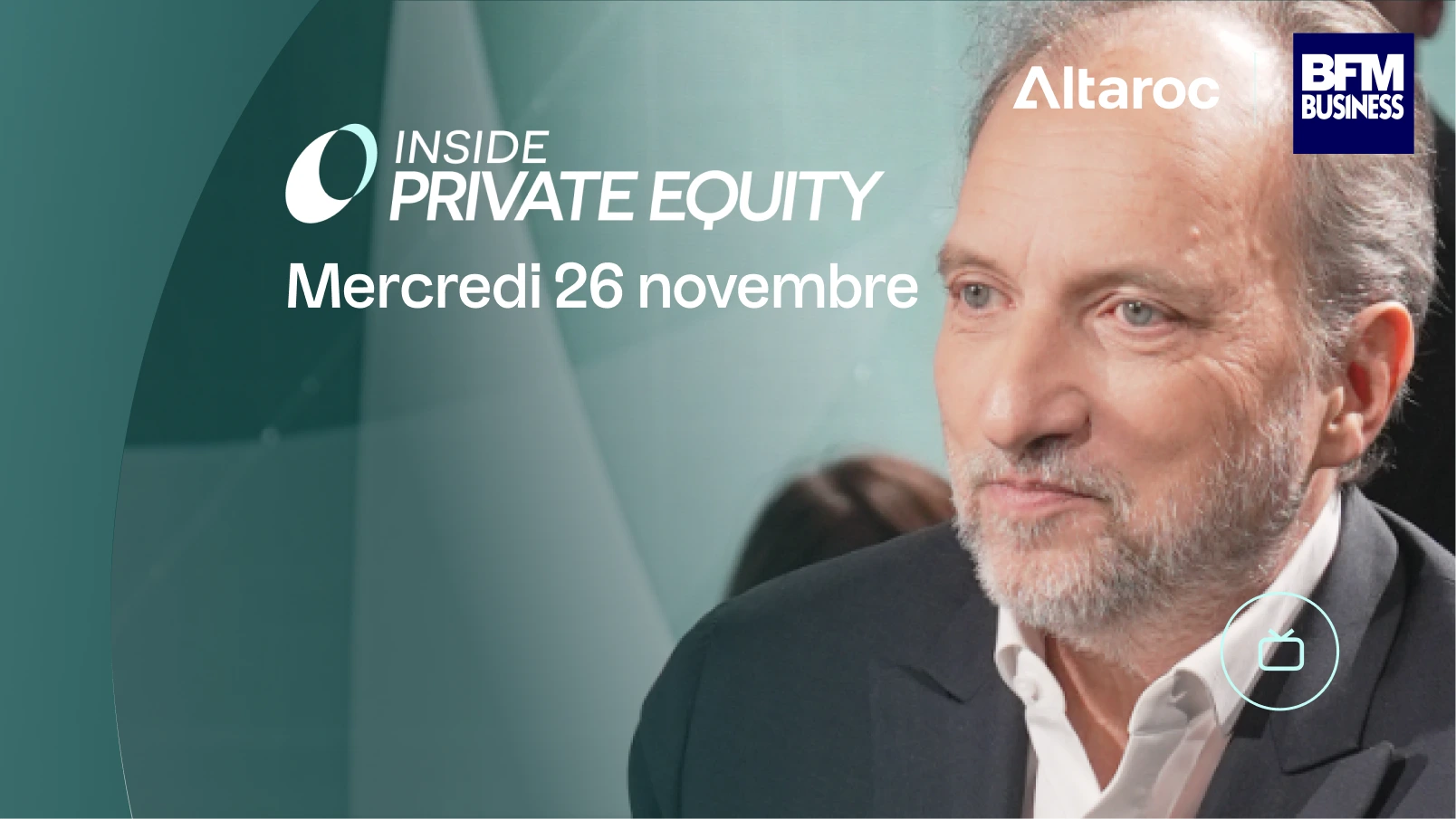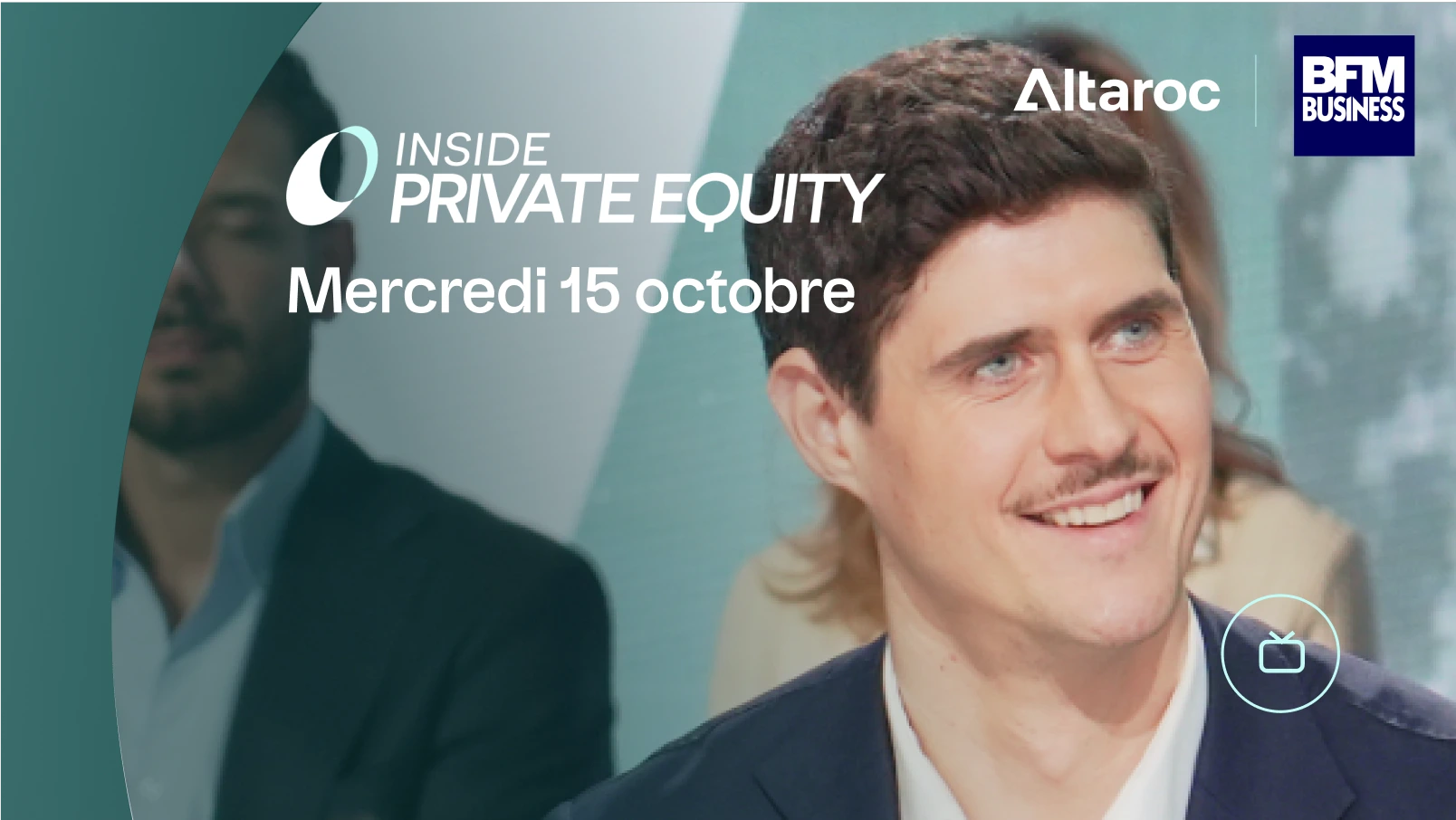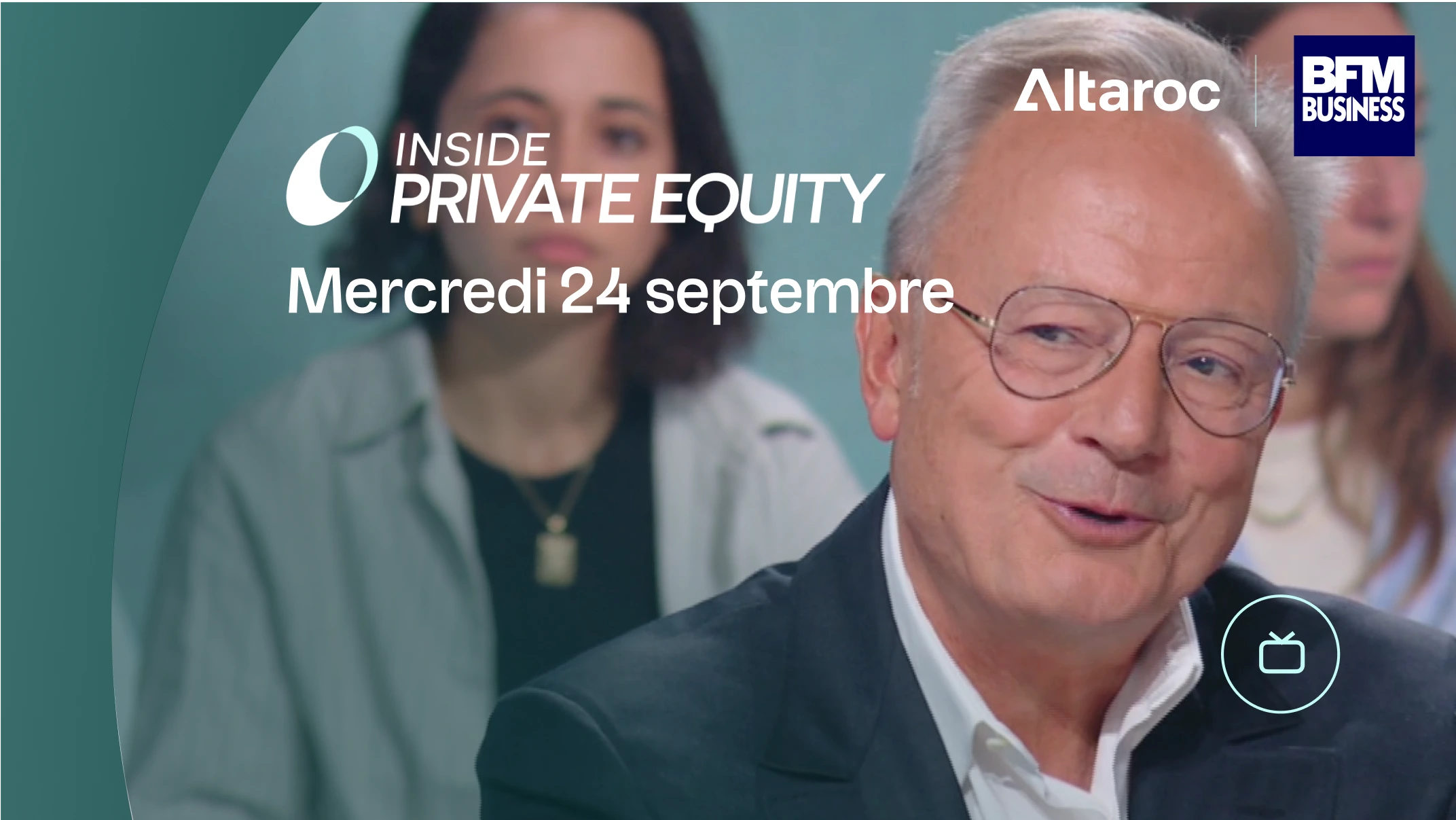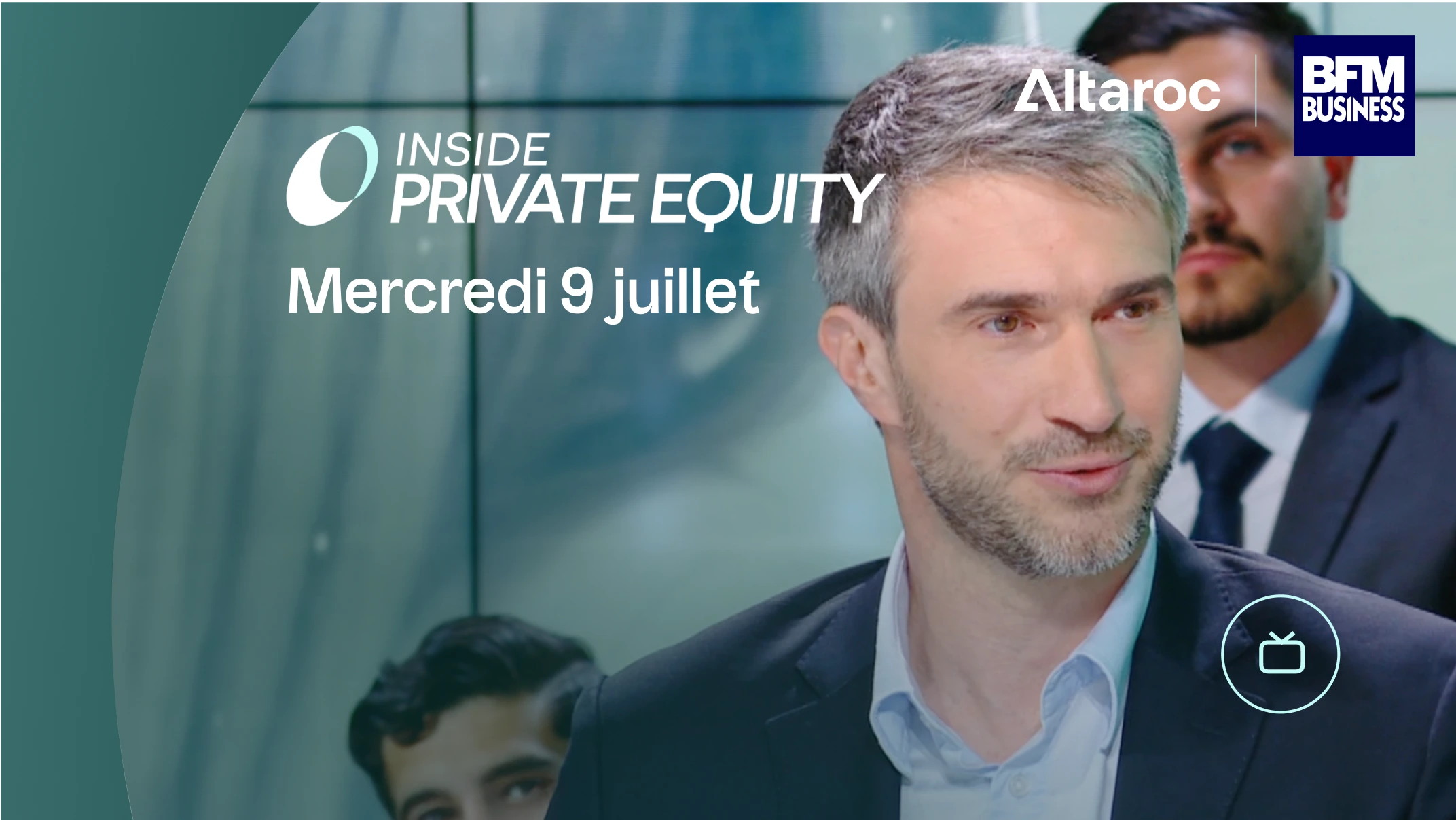126 billion: renewed activity driven by major investments
The year 2024 marked a clear rebound for European private equity, following the slowdown observed in 2022-2023. According to Invest Europe's Investing in Europe 2024 report, the total amount invested in private equity in Europe reached €126 billion, up 24% on 2023. This is the third-highest annual level ever recorded. This recovery was driven primarily by buyouts, which totalled 87 billion euros in 2024 - up 42% year-on-year. This level is close to the all-time record set in 2021, testifying to the resurgence of major buyouts by funds. The Growth segment, on the other hand, was more timid. Investments in this sector fell by around 13% in 2024, to around €20 billion over the year. This contrast underscores the fact that the 2024 upturn mainly benefited large Buyout transactions, while investment in Growth companies remained more moderate. Nevertheless, Buyout + Growth as a whole showed positive momentum, making a strong contribution to the overall rebound in European private equity.
.jpeg)
Domination of tech and healthcare
The funds concentrated their investments on a few key sectors. In terms of the number of companies financed, information technology (ICT) and life sciences/healthcare (Biotech & Healthcare) dominate: between them, these sectors will account for almost half of all companies financed in 2024. This weighting reflects current investment priorities, with a marked appetite for digital technology, software, healthcare and biotechnology - areas with high potential for growth and innovation in Europe.
.jpeg)
At the same time, outflows also increased dramatically in 2024. The report shows that 46 billion euros of disposals were made over the year, representing a 45% increase in value compared to 2023. The number of exits, meanwhile, rose by around 10% year-on-year, a sign that funds have regained liquidity opportunities after the trough of previous years. This total of €46 billion is one of the three highest ever recorded in Europe, reflecting a real revival in the outflows market. The nature of last year's exits illustrates a notable trend: many transactions were secondary buyouts. Indeed, the increase in sales was largely fuelled by sales of companies to other private equity funds, indicating the ability of these players to take turns in supporting companies for longer. This fluidity of the secondary market testifies to "the availability of capital and expertise in Europe to retain private companies and grow them, transforming local successes into global champions". In other words, instead of going public or selling to a manufacturer, funds have often opted to sell their stakes to other private investors, thereby extending the growth cycle of companies under the control of European funds.
.jpeg)
What's the geographical breakdown?
The UK and Ireland have seen a strong rebound in investment, returning to 2021 levels (around 29% of the European total), thus regaining their position as the continent's leaders - buoyed by the resumption of mega deals and strong fundraising (44% of capital raised). France and Benelux follow closely behind: they account for 28% of European investments, and their investors will contribute the largest share of capital raised in 2024 (30%), testifying to a robust ecosystem. By contrast, the DACH region (Germany, Austria, Switzerland) is marking time, with only 14% of amounts invested, reflecting the German economic slowdown, and accounting for only 9% of the year's fundraising. Activity in the Nordic countries was close to that of the DACH region (14% of investments), while Southern Europe remained slightly behind at 13%, both zones suffering from the impact of tighter financing conditions. As for Central and Eastern Europe, its weight remains marginal (2% of investments), mainly as a result of persistent geopolitical uncertainties in the region.
.jpeg)
.jpeg)
ICT company sales pay off
The sectoral trends observed on the investment side are partly mirrored on the exit side. The ICT sector emerged as the one with the highest number of exits over the past year, confirming the high turnover of tech holdings. In terms of value, tech companies sold a total of 11.1 billion euros, placing the sector just behind Consumer Goods & Services, the year's leader in terms of value recovered. In other words, tech is number 1 in volume of exit transactions, and number 2 in value released, illustrating the sustained liquidity enjoyed by this sector.
100 billion euros raised for the 8th year running
Despite a more demanding environment, fundraising in Europe remained at very high levels. 156 billion euros were raised by private equity funds closing in 2024 (final closing phase): an all-time record. Buyout funds alone accounted for 78.2% of the 156 billion euros raised by funds in the final closing phase. The major pan-European buyout funds in particular completed very large closings in 2024, contributing to this new record.
.jpeg)
Funds of funds play a growing role
The report also highlights a notable change in the composition of capital providers. The share of pension funds in fundraising has declined, accounting for just 19% of amounts raised in 2024 (versus 27% 2 years ago). Conversely, funds of funds and other asset managers have seen their contribution increase significantly, reaching 27% of total capital raised. Funds of funds - which often bring together commitments from smaller institutional or private investors - are playing a growing role, "democratizing" access to the asset class for a broader investor base. In concrete terms, this means that the origin of capital is diversifying: very large investors (pension funds, insurers) are giving up some of their capital, which is being taken up by intermediary structures that can bring together a variety of investors (funds of funds, multi-client managers, listed platforms, etc.). This trend can be explained by the constraints experienced by some large pension funds (denominator effect leading to relative oversupply in private equity), combined with the growing appetite of a multitude of smaller players for this asset class.
.jpeg)
Economic and strategic implications for Europe
The renewed dynamism of European private equity in 2024 has positive implications for Europe's economy and competitiveness. On the one hand, the massive flow of investment - particularly in the tech and healthcare sectors - provides important financial support for innovative and growing companies on the old continent. This private capital enables European SMEs to grow faster, innovate and climb the international ladder. Buyout funds, through their buyout and consolidation operations, also contribute to the creation of major European players in various sectors. By supporting companies over the long term (notably through the mechanism of successive re-sales between funds), private equity encourages the emergence of European "champions" capable of competing on a global scale.
On the other hand, the high level of divestment activity observed in 2024 bodes well for the ecosystem. Successful exits mean that funds return significant capital to their investors (pension funds, insurers, etc.), generating returns that can then be reinvested in new funds. This recycling of capital feeds a virtuous circle of financing for the benefit of Europe's entrepreneurial fabric. For example, despite a relative drop in their participation in 2024, European retirement pensions benefit in the long term from distributions from the funds, which ultimately benefit pensioners and the real economy.
Finally, the fact that Europe's fund-raising capacity remains high, even in an uncertain macroeconomic climate, is a strong strategic signal. It demonstrates that Europe continues to attract global capital to finance its private companies. This confidence on the part of international and domestic investors is crucial to support future growth, innovation and technological transition on the continent. The fact that fundraising is coming from an ever wider range of sources broadens the base of support for European private equity, making it less dependent on a few large players and more resilient in the face of ups and downs. All in all, 2024 looks set to be a turning point for European private equity in the Buyout and Growth segments, whose momentum should contribute to Europe's economic dynamism and the consolidation of its strategic autonomy in key sectors.
Warning:
This article is purely informative and does not constitute a personalized recommendation, legal or tax advice or an investment strategy.
The information presented is based on current conditions and is subject to change. You are invited to contact your advisor to ensure that the products mentioned are suited to your asset profile.
Investing in private equity entails risks of capital loss and liquidity. The performance of an FIA is never guaranteed; it depends on the profitability of the assets in the portfolio. Past performance is no guarantee of future performance.
.jpeg)







